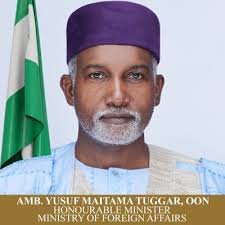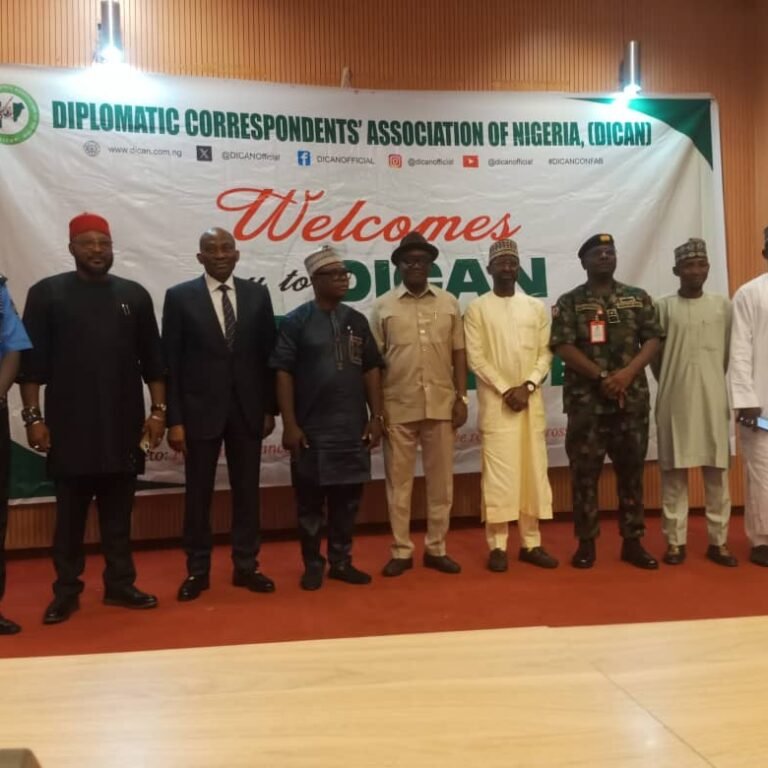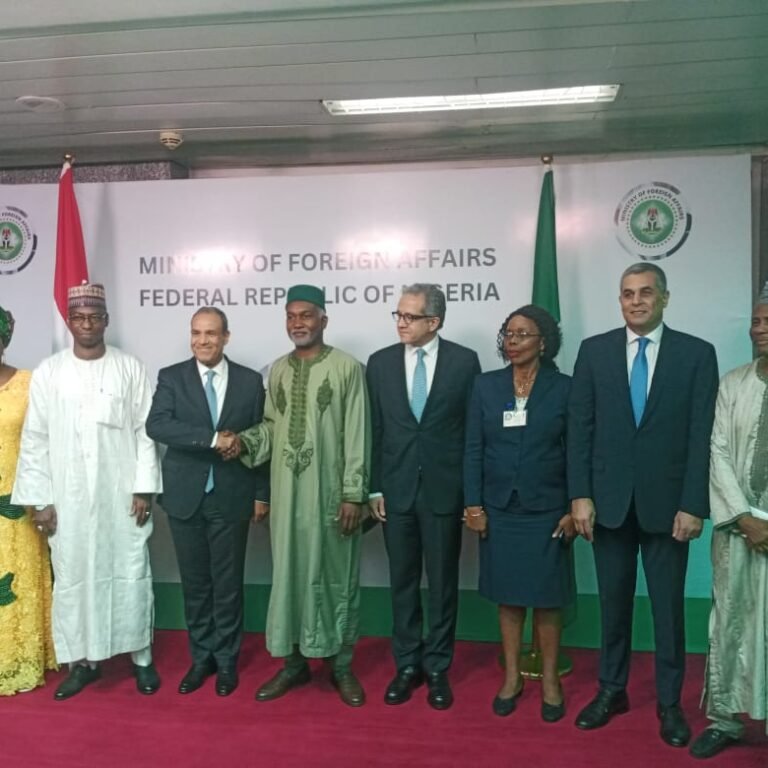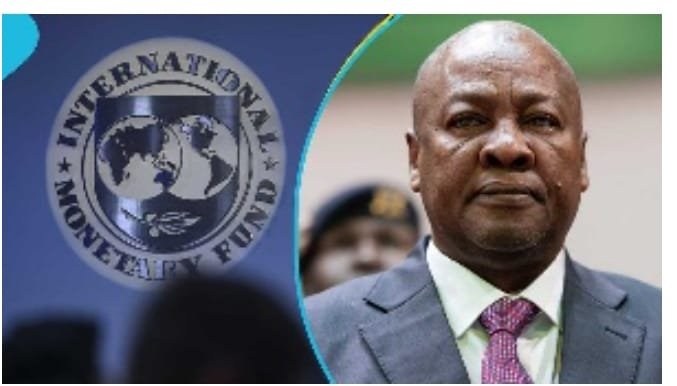
By Ameh Gabriel
Nigeria’s Minister of Foreign Affairs, Yusuf Maitama Tuggar, has emphasized the need for a dynamic and strategic foreign policy as the global landscape undergoes rapid and unpredictable changes. Speaking at the inaugural session of the Agora Policy Forum in Abuja on Wednesday, Tuggar outlined Nigeria’s evolving diplomatic strategy under the theme “Nigeria’s Foreign Policy at a Time of Global Uncertainty.”
Addressing a gathering of policymakers, diplomats, and scholars, Tuggar highlighted that geopolitical tensions, climate change, technological disruptions, and economic instability are reshaping the international order, requiring nations like Nigeria to adapt with foresight, pragmatism, and resilience.
“Nigeria must protect its national interests while actively shaping global outcomes that align with our values of democracy and diversity,” the Minister stated.
He identified four core pillars guiding Nigeria’s foreign policy in this new era, which include
- Strategic Autonomy:
Nigeria aims to assert greater independence in global affairs, strengthening ties with emerging powers such as China, India, and Brazil while maintaining relationships with traditional allies like the United States and the European Union. - Economic Diplomacy and Sustainable Development:
With global markets increasingly volatile, Tuggar said Nigeria is focusing on attracting foreign investment, enhancing trade, and diversifying its economy beyond oil. He cited major projects like the Trans-Saharan Gas Pipeline and the Nigeria-Morocco Gas Pipeline as examples of Nigeria’s strategic role in global energy security. - Security and Regional Stability:
Recognizing the transnational nature of threats like terrorism and piracy, the Minister noted Nigeria’s leadership through ECOWAS initiatives, the Multinational Joint Task Force (MNJTF), and the Deep Blue Project, which has significantly reduced piracy incidents along Nigeria’s coast under President Tinubu’s administration. - Commitment to Multilateralism:
Tuggar reaffirmed Nigeria’s dedication to strengthening global institutions, advocating for reforms such as permanent African representation on the UN Security Council, and pushing for a just climate transition that benefits developing nations.
He warned that while military strength remains important, diplomacy must take the lead in resolving conflicts and securing Nigeria’s future. “The triumph of diplomacy should be measured by conflicts avoided, not just conflicts fought,” he said.
Tuggar concluded by calling for greater collaboration between policymakers, scholars, and the private sector to build a foreign policy framework that secures Nigeria’s position in a rapidly changing world.
“Our collective strategic foresight will determine Nigeria’s ability to shape, not just survive, the evolving international system,” he added.







